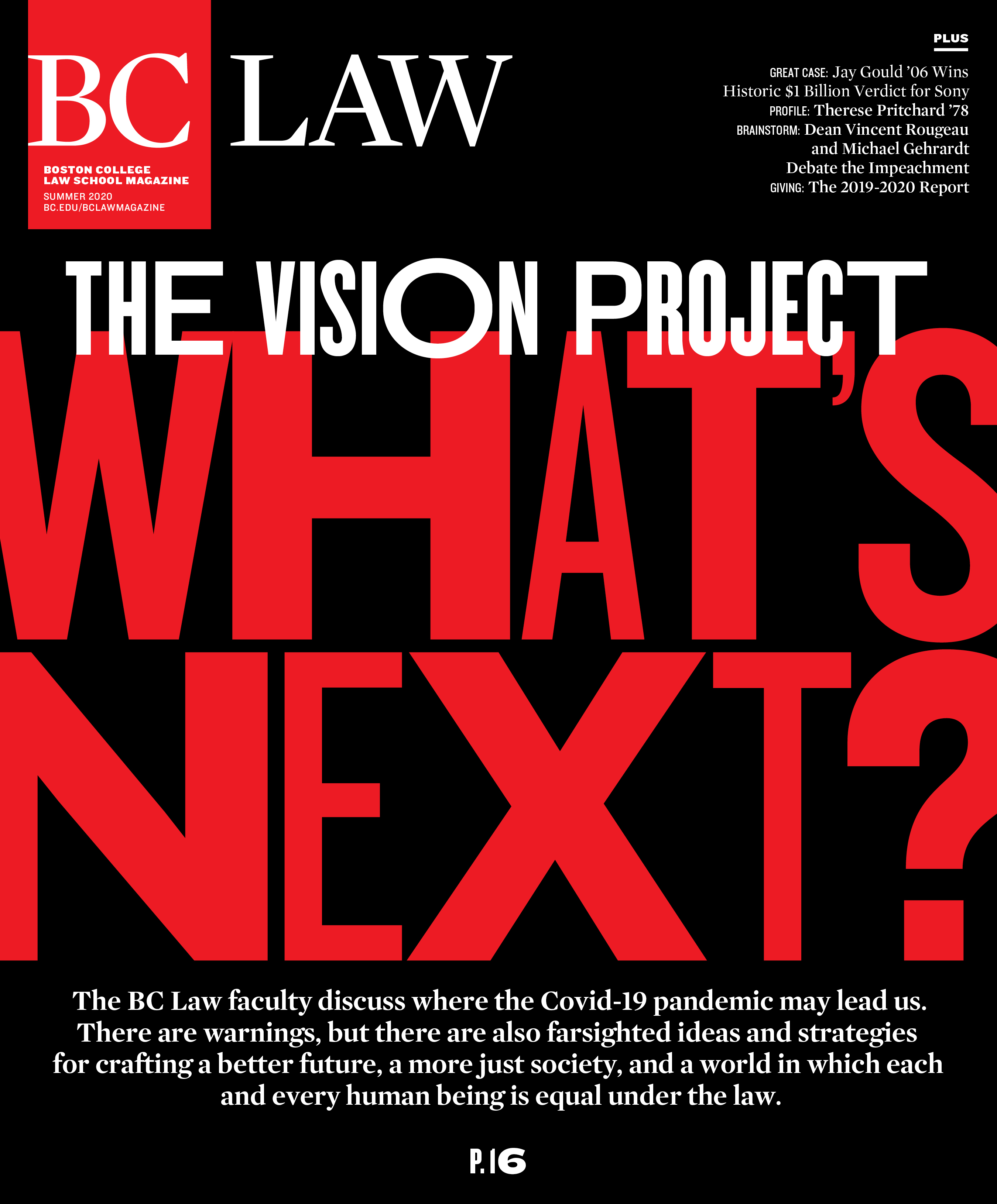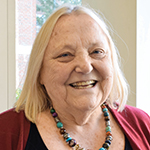
Professor Catharine Wells / On Social Change
“There is a need for legal reform, but the real work is personal. I think there are four questions we should ask ourselves every day. Do I invite honest responses? Am I willing to listen with an open heart? Am I willing to take responsibility for my role in perpetuating an oppressive system? Am I willing to change?”
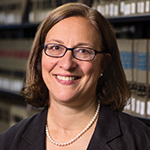
Associate Clinical Professor Sharon Beckman / On Criminal Justice
“In reality, we do not have a criminal justice system. We have a criminal punishment system. It pursues its ends through distinctively violent and stigmatizing means. The racial disparities are embedded in our national psyche. I would like to see a reallocation of public resources to public services that research shows can be more effective than criminal punishment in promoting a fair and peaceful society.”
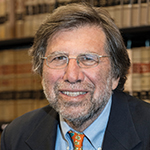
Professor Robert Bloom ’71 / On Policing
“There are no easy answers to the systemic racism existing in police forces. We need to find ways to deter bad police officers. We need effective legislation that would allow for a fairer way to review citizen complaints. Most of these reviews are done by the police; it is like the fox protecting the chicken coop.”
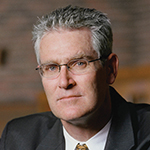
Professor R. Michael Cassidy / On “Virtual” Criminal Courts
“Defendants have constitutional protections that prevent certain portions of a criminal proceeding from being conducted ‘virtually.’ But others can be conducted using technology. It may be that in the future, twenty-three citizens serving on a Massachusetts grand jury never have to come into the same room to hear evidence to consider and issue an indictment.”
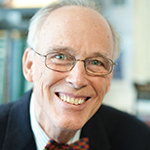
Professor Zygmunt J.B. Plater / On Crisis and Change
“Because visible disasters like the pandemic, continuing racial repression, and climate calamities trigger existential societal responses, we are now realizing the necessity for adaptive, progressive governance processes. We should expect that big changes are on the way.”
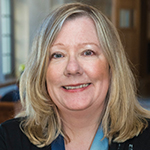
Professor Cathleen Kaveny / On Solidarity
“There’s a big tendency in American society to move toward the apocalyptic. Good public communicators like Dr. Anthony Fauci help us resist that tendency. His basic insight is that we’ll get through this together if we work together.”
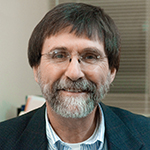
Clinical Professor Paul Tremblay / On Neighborhood Businesses
“I have been impressed with the resilience of the local street-level economies, and with the courage of our clients doing their best to sustain their businesses. The importance of small businesses to our neighborhood economics has seldom been clearer. That’s where the long-term opportunities lie.”
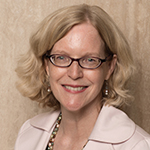
Professor Judith McMorrow / On the Rule of Law
“Bottom line: To have an effective rule of law, we must have a better understanding of our community, of our interconnectedness to one another. No law can order this. No political structure can ensure it. This must bubble up on a human level and become a cultural norm.”
To read other pieces in this issue’s The Vision Project, click here.



